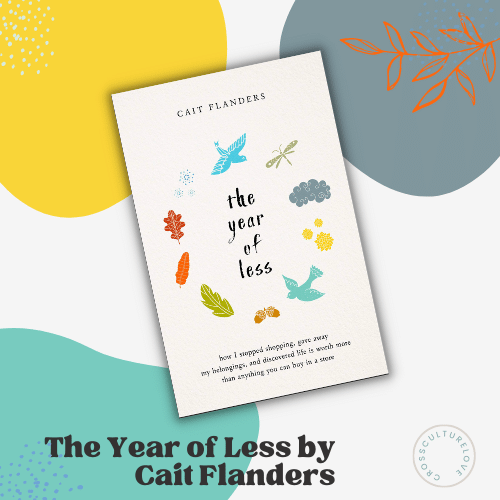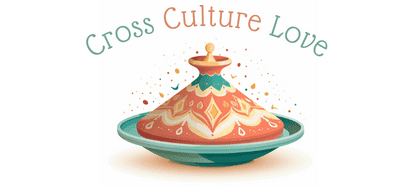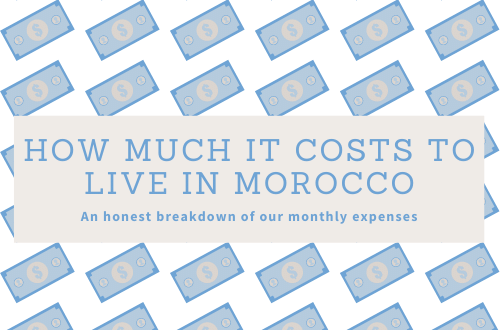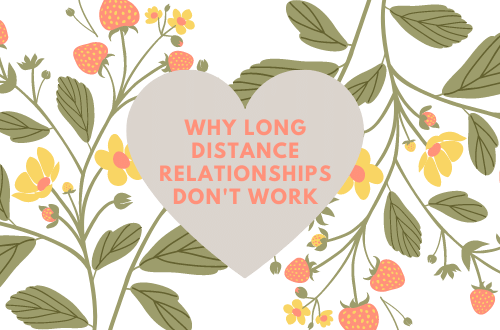
The Year of Less by Cait Flanders – a slightly scattered book review
The Year of Less by Cait Flanders (affiliate link) was the most recent book in my unintentional series of “books by bloggers I’ve never heard of, but I’m reading their book for some reason,” and it was undoubtedly one of the better ones in the genre.
Who is Cait Flanders?
I had not only never heard of The Year of Less, but I hadn’t heard of Cait Flanders or her longtime blog, Blonde on a Budget. Interestingly, it seems like Cait Flanders’ blog is now gone, or at least I can’t find it, which is fascinating from an objective standpoint. It seemed like the blog was extremely important to her if the book is to be believed. She still has a website and Instagram, but curiously, all traces of the blog are just scrubbed from the internet.
As a new-ish blogger myself, I’m always intrigued by why successful bloggers walk away. Similar to Torre Deroche (who wrote two of my favorite travel memoirs ever and hasn’t updated her blog since 2017), it seems like it’s a thing where bloggers get a book deal and close-up shop. It’s a bummer, but I get it. People change. They don’t owe us perennial blogs forever. Anyway, onto the book.
What I liked about The Year of Less
I like that Cait didn’t feel the need to eviscerate her family or play some sort of victim to tell her story
This is such a trend with modern memoirs — people acting as if they have to win some sort of martyrdom contest in order to tell a good story. She appreciates her family but doesn’t let the somewhat non-traditional elements of their dynamic turn her into the host of her own private pity party. While part of the book does revolve around a family event, she doesn’t feel the need to exploit her siblings or parents to make herself interesting. She even acknowledges that here:

I always get such a yucky feeling when it seems like the author is telling other people’s stories to bolster their own. The fact that she doesn’t feel the need to expose their dirty laundry was a breath of fresh air.
I appreciate the more moderate take on general addiction and addictive tendencies
While Cait does touch on her more serious struggles with alcohol as a more traditional “addiction,” I do appreciate her more nuanced, non-sensationalized discourse around other addictive/escapist things, things like shopping, overeating, binge-watching TV, etc. I enjoy her approach to the “challenge yourself” method of self-change, as I found this to be very effective in my own life.
And I think most of us don’t necessarily need a come to Jesus moment or a near-death experience to make those changes. It’s less of a “rock bottom” and more of a “well, this sucks, I’m ready for something different.” Cait communicates this well without coming across as pithy or downplaying how severe even “non-serious” addictions can be.
I related to Cait a lot throughout The Year of Less
We both got out from under massive debt due to a year-long challenge. We both write and have blogs (mine is technically more successful than hers since hers is gone, but I won’t brag). We have a lot of things in common. We have the name.
I think many people could relate to her because The Year of Less is just… relatable. Times with these bloggers turned authors is that by the time they have a book deal, they’re basically millionaires or close to it. I didn’t get that impression during this book. She did not come across like she was raking in millions of AdSense dollars or trying to still connect with the common person despite being a bonafide influencer now. No, she reads like a real person who has to–gasp!–save money to travel.
What I didn’t love about The Year of Less
It was a little all-over-the-place
Is The Year of Less a memoir? A self-help guide? A travel book or finance book? A one-year-challenge book ala Okay Fine Whatever (and also, like, a million other one-year-challenge books)?
I assume that it was generally a mash-up of all of these, but I think the plot got lost in the weeds a little bit. The Year of Less wasn’t necessarily dull, but it did seem a bit aimless for a while, for example, when she talked about her career shift and the divorce.
She creates a set of The Year of Less rules and abides by them pretty much to the letter, but it’s not really… a decluttering book? Or a minimalism book, necessarily? It seemed to stray from the plot and barely focused on what I assumed most people were expecting when they picked up The Year of Less. That’s not a big deal, but it does bring me to my next point.
Framing it around a decluttering book didn’t do it justice
Decluttering, minimalism, and anti-consumerism were having a real moment from 2017 to 2019. And still are today, to some degree. But for those few years, it really didn’t seem like there was a new book every other day about the need for… fewer books, I guess. The capitalist system is a fan of irony.
I really do think The Year of Less was a little bit lost in the fold of all the folding books, and I also believe that classifying it as another “buy nothing challenge” book doesn’t do it justice. I appreciate that Cait blended the ideas of consumerism, escapism, addiction, identity, and change. I think it was relatable and avoided a lot of the sensationalization associated with the minimalist movement.
The Year of Less – Conclusion
I enjoyed this book. It may not necessarily be one of my favorite memories of all time, but I appreciate Cait Flanders’ writing style, her approach to storytelling, and her reliability. I’ll be reading her follow-up book, Adventures in Opting Out.





